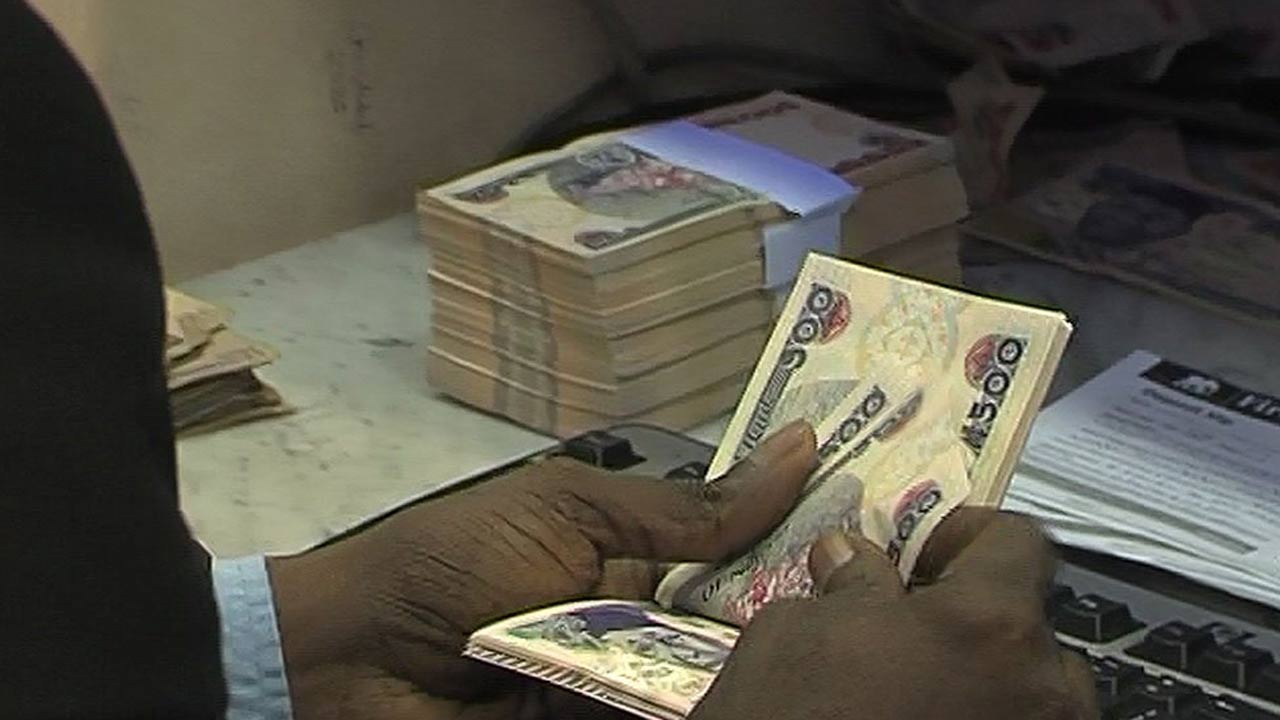In the first half of 2024, the naira has become the world’s worst-performing currency.
Devaluation, a lack of dollar liquidity, and market volatility have impeded the Central Bank of Nigeria’s attempts to fortify the currency, according to a Bloomberg story published on Friday.
Other than the naira, the world’s poorest-performing currencies in the first half of the year were the pound in Egypt and the cedi in Ghana.
According to Bloomberg, which tracks statistics from FMDQ, the naira fell for a ninth day in a row, closing at 1,510 per dollar on Thursday.
“The losing streak is the longest since July 2017 and takes the decline since the start of the year to 40 per cent.
“The naira’s performance is the worst among global currencies tracked by Bloomberg beside that of the pound in Lebanon, which is undergoing an economic crisis and witnessing dollarisation,” the report noted.
Providing an update on the currency, the Head of Africa Strategy at Standard Chartered Bank Plc, Samir Gadio, in a mail said, “While the naira is undervalued and has seen significant adjustment. The supply of dollars needs to improve for the currency to be supported.
“Portfolio inflows have yet to pick up, even amid still-attractive local rates.
“What will matter going forward is whether it can stabilise on improving foreign exchange inflows and perhaps see some appreciation.”
In its most recent economic report on Nigeria, PwC claims that the naira lost 67.8% of its value relative to the US dollar, falling from an average of N461.1 in May 2023 to N1,433.80 in May 2024.
“The depreciation took effect despite foreign exchange market reforms by CBN to achieve price discovery and attract liquidity to the market,” PwC said.
The naira was the world’s best-performing currency in March, but that distinction was reversed the following month.
According to Bloomberg, the discrepancy in supply and demand for the US dollar caused the currency to fluctuate over the middle of April and May. However, in June, the pattern subsided as dollar inflows improved.
Olayemi Cardoso, the governor of the CBN, said earlier this week that the worst of the naira’s volatility might be behind us.
This month, the naira has fluctuated within a small range of 1,473/$ and 1485/$, according per Bloomberg’s compilation of FMDQ data.
As a result, its 100-day swings are at their lowest since November, and its 10-day rolling volatility is at its lowest point in a year.











